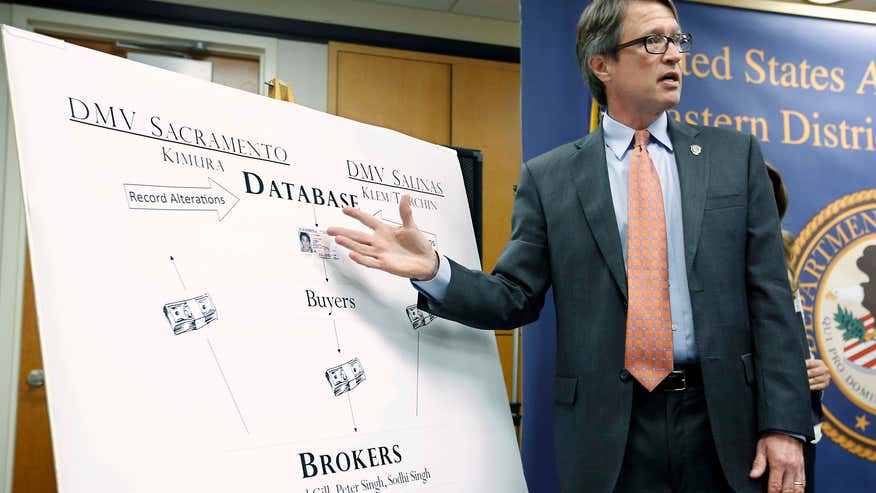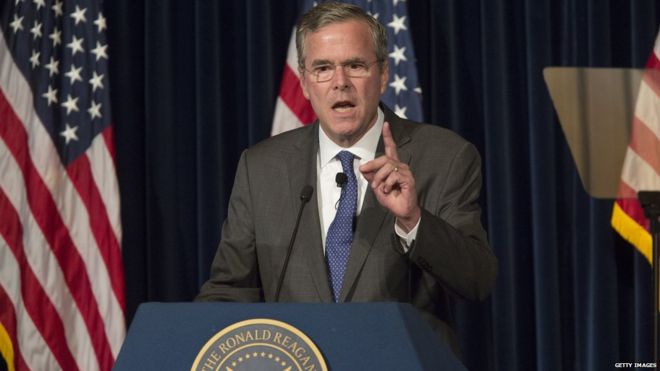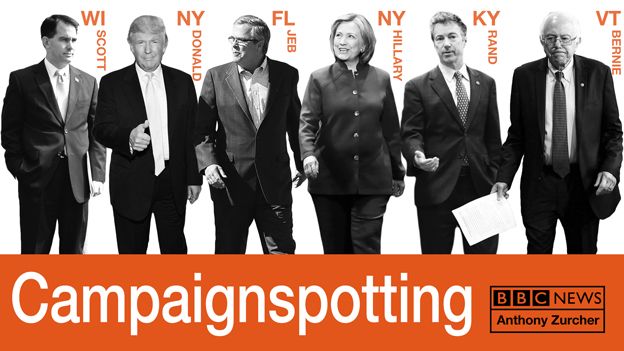
Aug. 11, 2015: Benjamin B.Wagner, United States Attorney for the Eastern District of California, gestures to a chart showing how California Department of Motor Vehicle employees were bribed for providing fraudulent California licenses to commercial truck drivers in Sacramento,Calif. (AP)
At least 100 commercial truck drivers paid up to $5,000 each to bribe California Department of Motor Vehicles employees for illegal licenses, federal authorities said on Tuesday.Officials said up to 23 traffic accidents could be related to the fraud, though there were no fatalities.
Emma Klem, a 45-year-old Salinas DMV employee, and trucking school owner Kulwidner Dosanjh Singh, 58, both pleaded guilty Tuesday to commit bribery and identity fraud, U.S. Attorney Benjamin Wagner said.
Two other DMV employees in Salinas and Sacramento and two other Central Valley trucking school operators have been arrested on similar charges.
The employees changed computer records to falsely show that drivers had passed written and behind-the-wheel tests after they were bribed by the owners of three truck-driving schools between June 2011 and March 2015, according to court documents.
"Individuals who use their positions to obtain commercial drivers' licenses for unskilled and untested drivers jeopardize our nation's security and safety. Allowing unqualified drivers to operate heavy commercial trucks on our highways is honestly quite chilling," said Carol Webster, acting assistant special agent in charge of the U.S. Homeland Security Investigations office in Sacramento.
DMV examiners Andrew Kimura, 30, of Sacramento and Robert Turchin, 65, of Salinas were indicted last week on charges of conspiracy, bribery and fraud in connection with identification documents, along with trucking school owners Pavitar Dosangh Singh, 55, of Sacramento, and Mangal Gill, 55, of San Ramon.
Pavitar Singh and Kimura have pleaded not guilty, while Turchin and Gill are expected to be arraigned on Friday in U.S. District Court in Sacramento.
Kimura's attorney, William Portanova, said his client is a good person caught in an unfortunate situation, "but we're going to work through it and help this young man."
Class A commercial drivers’ licenses are required to operate trucks, including 18-wheel cargo semitrailers. They are tougher to obtain than regular driver licenses. Applicants must pass both a written test and a behind-the-wheel test that is offered at a limited number of DMV locations, including Salinas.
The DMV has canceled or revoked more than 600 licenses that are potentially linked to fraud, including 100 that were pinpointed by investigators, DMV chief investigator Frank Alvarez said. Drivers can retake the tests, sometimes after a hearing, and Wagner said none are likely to be prosecuted during the ongoing probe because investigators are targeting the organizers.
It is the latest in several similar bribery schemes in recent years, including a Fresno case involving 15 people that resulted in a sentence of more than five years in federal prison for the DMV ringleader in 2013.
Alvarez said his department is considering additional safeguards to prevent employees from altering computer records, and it’s attempting to better screen its 10,000 employees and the way it issues commercial drivers’ licenses as it tries to prevent more bribery and fraud crimes.
The charges filed in federal court in Sacramento allege three separate conspiracies. Two of them purportedly involved Gill, who owns trucking schools in Fremont, Lathrop, Fresno and Salinas.
The third involved Pavitar Singh, owner of a school in Sacramento. His attorney, Anthony Capozzi of Fresno, and an attorney for Klem did not return telephone messages.
Christopher Morales of San Francisco, attorney for Kulwinder Singh, said his client is a good family man who recognizes that he erred when he "took shortcuts" to help members of the Indian community who had trouble passing the tests.
His client and Klem face up to five years in prison when they are sentenced Nov. 17.
No attorneys were listed for the two defendants who have yet to appear in court.
The Associated Press contributed to this report.











